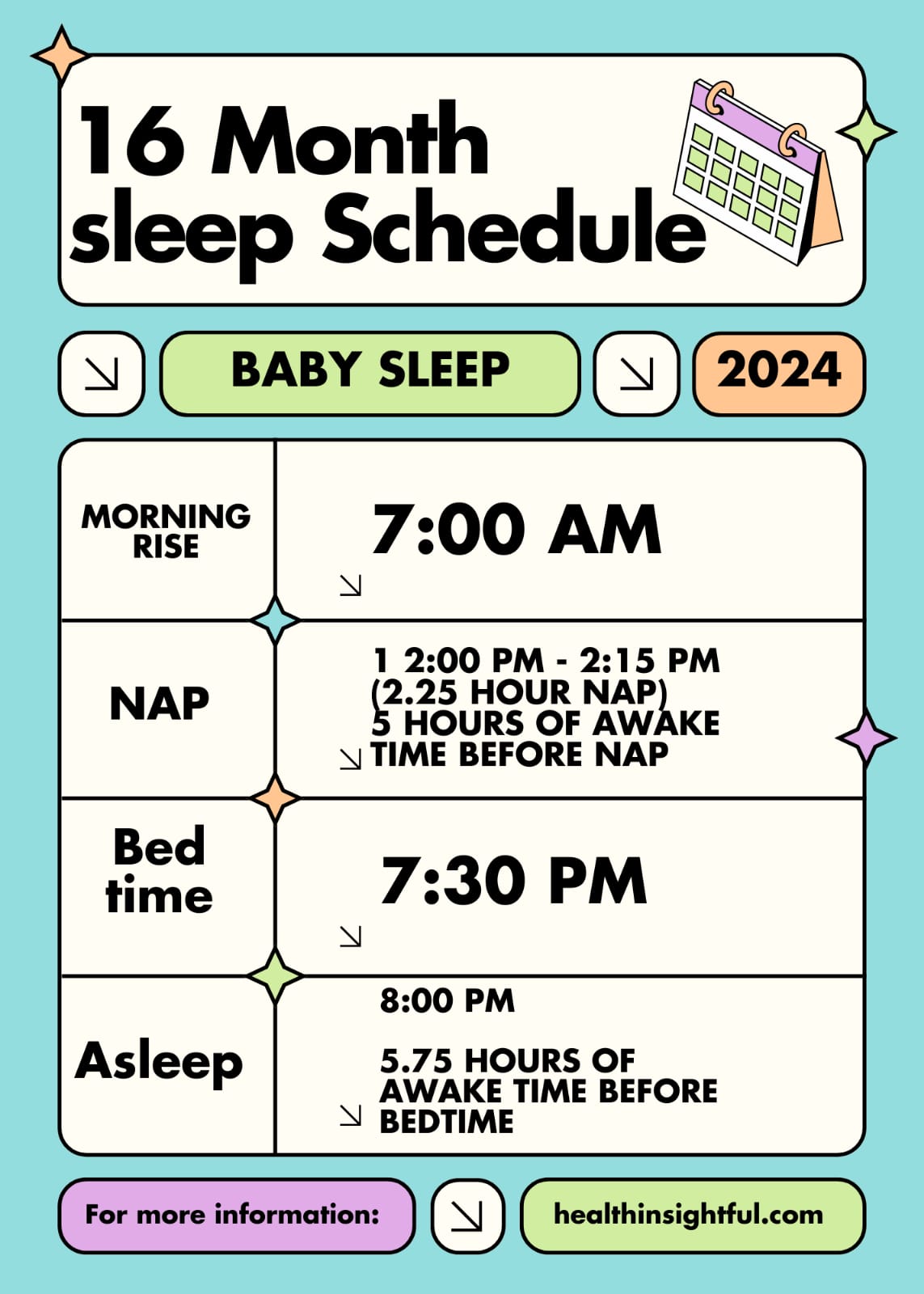Four-month sleep regression is among the renowned yet painful stages that infants go through. Starting around four months, your infant may wake up more in the night, have disrupted naps, or otherwise show changes in sleeping pattern. This is frustrating for both parents and babies, but it is important to remember that it is a developmental milestone. In this article, we will be explaining to you what 4-month sleep regression is, the causes and symptoms, and more importantly, how to deal with it for your baby-and yourself-to get better rest.
What Is the 4-Month Sleep Regression?
In general, a 4-month regression is when the sudden change occurs in the way a baby sleeps. Around that age, babies have huge growths in cognitive and physical areas, and those may alter the ways they sleep. Before four months, they have shorter cycles of sleep and quickly wake up, turning over to deep sleep almost instantly. In this stage, their sleep becomes more like that of an adult: long portions of light sleep. This implies more frequent wakings, difficulty in going back to sleep, and a very fussy baby.
The good news is that this 4-month regression will pass, but how you handle it may just make all the difference in easing the process.
Causes of the 4-Month Sleep Regression
Being in a better position to understand what causes the sleep disruption will help in your approach towards it. The following are the main causes of the 4-month sleep regression:
- Sleep Cycle Development: Near to four months, the baby’s brain will begin to develop significantly more complex sleep cycles. In relation to adults, this would mean that transitions between light and deep sleep will occur. The problem with this often is that it is a bit more difficult for babies to continue sleeping through and may wake up frequently.
- Increased awareness of the environment: With improved awareness, the babies can easily get overstimulated with the surroundings, thereby bringing problems in initiating and maintaining sleep due to increased awareness of sounds, lights, and movements.
- Teething and growth spurts: These are usually times when babies remain pretty uncomfortable during the night. The discomfort brought about by teething might be the reason that causes increased wakings.
- Hunger: This is when a baby is about to experience a spurt and gets hungrier, thus needing more calories. This escalates into having to feed them more at night, adding to the sleep regression.
- Separation Anxiety: Separation anxiety may start at this stage, whereby babies become overly attached to the presence of their parents for security before they fall asleep.
Symptoms of the 4-Month Sleep Regression
How would you tell if your baby has a 4-month sleep regression? Here are some common signs:
- Frequent Night Wakings: It is common that babies that had been sleeping longer stretches of time each night will wake more frequently than they previously did.
- Shorter Naps: Your baby can take much shorter naps or even skip naps altogether.
- Difficulty Falling Asleep: Though your baby may appear tired, he has difficulty falling asleep, or in case he does, he wakes up after some little time.
- Increased Fussiness: The discontinuation in sleep can make them crankier and more fussy through the day.
- Inconsistent Sleep Patterns: Though your baby might have developed a somewhat predictable sleeping pattern, during this regression, that gets unpredictable.
How to Handle the 4-Month Sleep Regression
Though this is difficult, there are ways in which the transition may be eased when the baby faces this kind of regression. Here are some tips that can help manage it:
1. Have a Consistent Sleep Time Routine
Attention to a bedtime routine sends a signal to the baby that it is sleep time. This comforting and routine activity might be anything from a warm bath, rocking gently, to reading a story. Consistency is important here; performing the same activities in the same order each night may help set healthy sleep habits.
2. Encourage Independent Sleep
One of the most effective ways to manage sleep regressions includes teaching your baby to fall asleep independently. This does not mean allowing them to cry their way to sleep, but teaching them self-soothing. You can try progressively reducing the help you give to get your baby to sleep-for example, rocking or feeding to sleep-so they can start falling asleep on their own.
3. Avoid Sleep Associations
This only means that by letting your baby depend on sleep associations to fall asleep-rocking, feeding, and being held-you are setting them up for a hard time to get back to sleep should they wake up during the night. Gradually, these sleep associations should be reduced to ensure that your baby will learn to fall back to sleep without any problem if they happen to wake up.
4. Let the Sleep Environment be Conducive
Get your sleeping baby’s environment as cozy and relaxed as possible: blackout the room with curtains, use a white noise machine to mask the background sound, or at least have the room temperature just right. All these factors reduce any disturbance and hence guarantee better sleep.
5. Watch Over Daytime Naps
Although one might be seduced to make the nap times shorter in the hope of having a good sleep at night, overtired babies tend to sleep poorly on the contrary. Regular naps according to age through the day will prevent overtiredness and help in maintaining better sleep at night.
6. Be Patient and Flexible
Remember, this is a phase, and it shall pass. Be very patient and flexible in your approach; try changing your tactics according to how your baby is responding. What works on night ‘A’ may not necessarily work on night ‘B’. Hence, one needs to remain open towards any situation that may arise.
7. Seek Support if Needed
And if this becomes all too much to bear, don’t be ashamed to ask for help. Sometimes just having a reassuring chat with your pediatrician or a sleep consultant does the trick when all hope seems lost.
How Long Does the 4-Month Sleep Regression Last?
In general, the 4-month sleep regression can last anywhere from two to six weeks. Of course, every baby is different, so it would depend on each particular baby to what extent the regression will be and how many days it will take. Luckily, after babies have become used to their new sleep cycles and got pretty good at what they’re doing-soothing themselves-their sleeping should gradually start improving.
Final Thoughts
The 4-month sleep regression is the normal developmental stage that will temporarily disrupt your baby’s pattern of sleep. While it’s hard for both of you, knowing the causes and good sleep practices instituted can make this transition a little smoother. Over some time, consistency with a routine, and an environment conducive to sleep, your baby will settle into an increasingly more stable pattern of sleep over time.
Sleep regressions are exhausting, but try to remember: this too shall pass. Paying attention to healthy sleep habits now will give your child a great foundation for sleep later in life.










